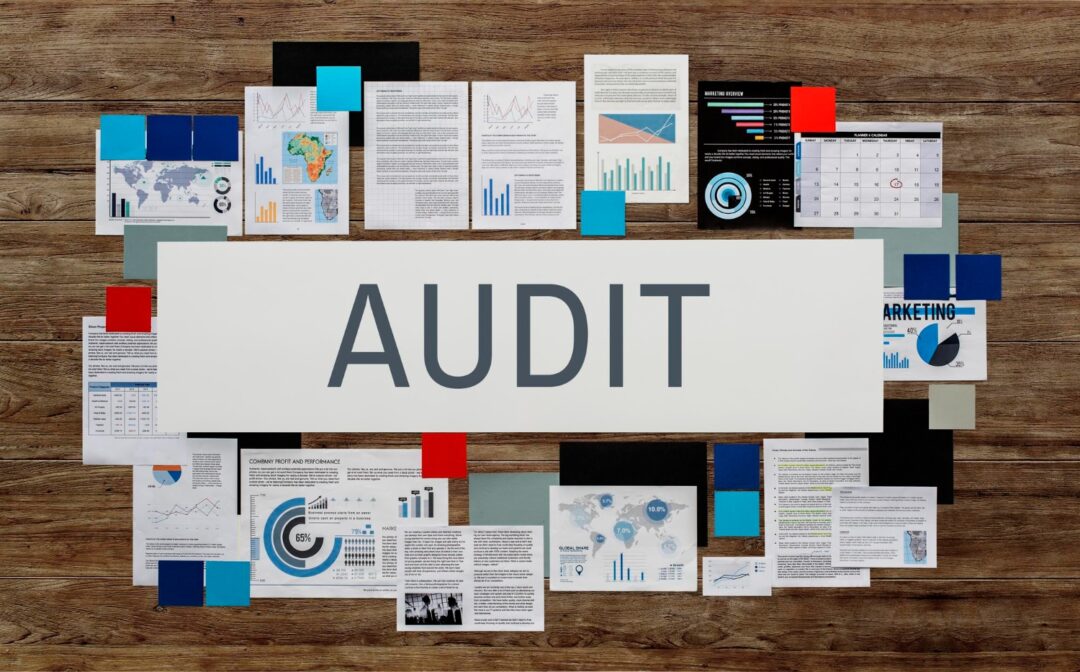In today’s complex business environment, maintaining financial health is paramount for any company. One crucial aspect of financial management is the regular conduct of financial audits. Regular financial audits play a pivotal role in identifying and addressing debt collection problems early, thereby ensuring better financial management. This article explores the importance of regular financial audits and how they can help companies improve their debt collection processes and overall financial stability.
Understanding Financial Audits
What is a Financial Audit?
A financial audit is an objective examination and evaluation of a company’s financial statements to ensure that they are accurate and in accordance with relevant accounting standards and regulations. Audits can be conducted internally by the company’s own staff or externally by an independent auditor.
Types of Financial Audits
- Internal Audits: Conducted by the company’s internal audit department to assess internal controls, risk management, and governance processes.
- External Audits: Performed by independent auditors to provide an unbiased opinion on the accuracy of financial statements.

The Role of Financial Audits in Debt Collection
Identifying Debt Collection Problems Early
Regular financial audits can help identify debt collection issues before they escalate. Auditors review accounts receivable, aging reports, and collection practices to spot trends and potential problems.
Key Audit Activities:
- Reviewing Aging Reports: Auditors analyze aging reports to identify overdue accounts and assess the effectiveness of current collection efforts.
- Assessing Internal Controls: Audits evaluate the internal controls in place for managing receivables and ensuring timely collections.
- Identifying High-Risk Accounts: Auditors highlight accounts that are at high risk of becoming bad debts and recommend proactive measures.
Enhancing Financial Management
By identifying and addressing debt collection issues early, financial audits contribute to better overall financial management. Companies can implement changes based on audit findings to improve their cash flow and financial stability.
Benefits of Enhanced Financial Management:
- Improved Cash Flow: Timely identification of collection issues allows for quicker resolution, leading to improved cash flow.
- Reduced Bad Debts: Proactive measures based on audit findings can reduce the incidence of bad debts.
- Stronger Financial Position: Effective debt management enhances the company’s financial position, making it more resilient to economic challenges.
Ensuring Compliance and Accountability
Regular financial audits ensure that debt collection practices comply with relevant laws and regulations. Audits also hold management accountable for maintaining effective debt collection processes.
Compliance and Accountability Measures:
- Regulatory Compliance: Audits verify that debt collection practices comply with local and federal regulations, reducing the risk of legal issues.
- Management Accountability: Audits ensure that management is accountable for implementing effective debt collection strategies and addressing any identified issues.
Practical Advice for Implementing Regular Financial Audits
Schedule Audits Regularly
Establish a regular audit schedule to ensure continuous monitoring of financial health. Quarterly or bi-annual audits can help keep debt collection issues in check.
Use Technology for Audits
Leverage technology to streamline the audit process. Accounting software and data analytics tools can provide real-time insights into receivables and collection efforts.
Act on Audit Findings
Take prompt action on audit findings to address identified issues. Implement recommended changes to improve debt collection processes and financial management.
Train Staff
Ensure that staff involved in debt collection are trained on the importance of audits and understand how to use audit findings to enhance their work.

Conclusion
Regular financial audits are essential for identifying and addressing debt collection problems early, ensuring better financial management and stability. By conducting thorough audits, companies can improve their debt collection processes, enhance cash flow, and strengthen their overall financial position. For personalized advice on implementing effective financial audits and managing debt collection issues, consider visiting cisdrs.com. Our experts can provide tailored recommendations to help you navigate the complexities of debt management and maintain financial health.





